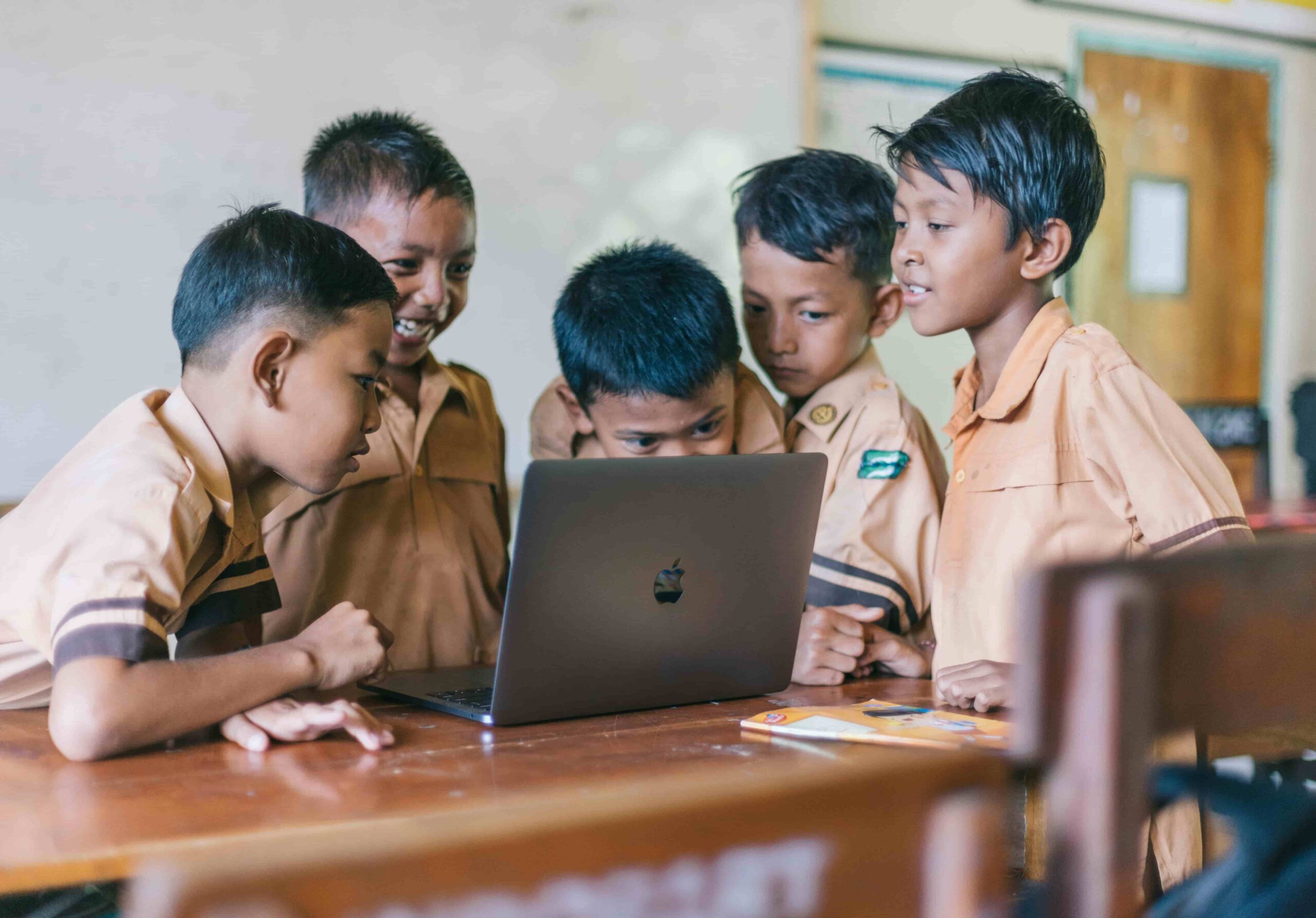Artificial Intelligence (AI) is no longer just about automation, faster workflows, or boosting company profits. A quiet revolution is underway, where AI research is being used to solve some of the world’s most pressing social challenges. From improving healthcare delivery to predicting climate risks and enhancing education, AI for social good is reshaping the way societies thrive. By focusing on impact beyond business, researchers and innovators are proving that technology can serve humanity’s bigger purpose—creating a more equitable and sustainable future.
AI in Healthcare: Transforming Access and Outcomes
One of the most powerful applications of AI for social good lies in healthcare research. AI models can analyze medical images to detect diseases like cancer earlier than traditional methods. In underserved communities, AI-powered chatbots and diagnostic tools are filling the gaps where doctors are scarce. For example, a World Health Organization study shows that AI can improve diagnostic accuracy in radiology by up to 20%. This means millions of people could receive quicker, more reliable diagnoses.
AI is also making personalized medicine more accessible. Algorithms can predict how patients might respond to specific treatments, cutting down trial-and-error processes. For developing nations where healthcare systems are stretched thin, these innovations help save costs and lives at the same time. In this sense, AI in healthcare isn’t about profit—it’s about empowering people with healthier, longer lives.
AI in Education and Employability: Expanding Opportunity
AI is not only transforming classrooms but also shaping employability for the future workforce. Adaptive learning platforms are using AI to tailor lessons based on each student’s pace, ensuring no learner is left behind. This is especially valuable in regions where student-to-teacher ratios are high, and personalized support is limited.
In the context of employability, AI-driven platforms are helping young people build critical job skills. Tools can analyze skill gaps and recommend targeted courses, preparing individuals for industries of tomorrow. At the Wadhwani Foundation, we’ve previously highlighted the role of microlearning and macrolearning in building employability skills, showing how technology can make learning faster and more effective. AI adds another layer by ensuring learning is both personalized and scalable.
By democratizing education and skill development, AI research is enabling millions of students and professionals to participate in the global economy, bridging gaps that once seemed impossible to close.
AI and Climate Action: Tackling the Planet’s Biggest Challenge
Perhaps the most urgent arena where AI for social good is gaining traction is climate change research. AI models are being used to predict natural disasters, from floods to wildfires, with greater accuracy than ever before. According to MIT Technology Review, AI-powered climate models can cut forecasting errors by nearly 30%. This gives governments and communities more time to prepare and reduce damage.
AI is also helping track carbon emissions, optimize energy use, and design greener cities. By analyzing massive datasets, researchers can identify practical steps to reduce environmental footprints. This proves that AI is not just a business tool—it’s a survival tool for humanity. For those interested in credible updates on how AI is reshaping climate research, UNESCO’s AI for Sustainable Development reports provide valuable insights.
Summing Up
AI for social good is a growing movement that showcases the potential of technology beyond boardrooms and balance sheets. From healthcare and education to climate action, research in this field is making a measurable difference in people’s lives. The more we invest in AI research aimed at societal benefit, the closer we move to a future where innovation doesn’t just power industries—it powers humanity itself. AI for social good is not just a vision; it is a necessity, driving impact far beyond business. The question now is: how quickly can we scale these breakthroughs for global change?



